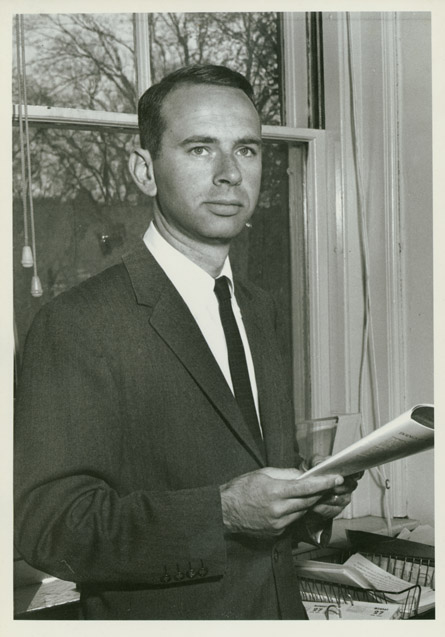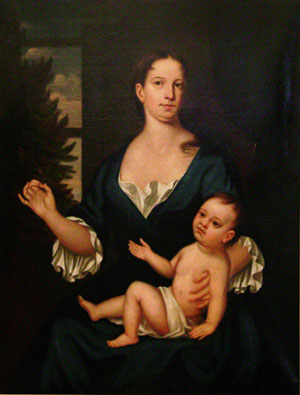Sigrid Brauner Papers
Access restrictions: Temporarily stored offsite; contact SCUA in advance to request materials from this collection.
Sigrid Brauner was born in Hofheim, Germany, earning her BA from the University of Frankfurt before immigrating to the United States. Brauner completed her PhD in German literature at the University of California Berkeley in 1989 and later the same year joined the faculty at UMass Amherst in the Department of Germanic Languages and Literature. Brauner, who served on the executive committee of the Women’s Studies Program, remained at UMass until her death in December 1992.
The papers reflect Sigrid Brauner’s interest in race and gender as well as her research in anthropology and theology. “Witches: Myth and Reality,” the popular course Brauner taught during the fall 1992 semester, is represented in the collection along with other notes for research and teaching. Professional correspondence as well as political and social change periodicals comprise the remainder of the Brauner Papers. A fair portion of the collection is in German.



